Winter backyard pests – 5 common interlopers to watch out for this season
The weather may be cooler, but some outdoor pests can still pose problems

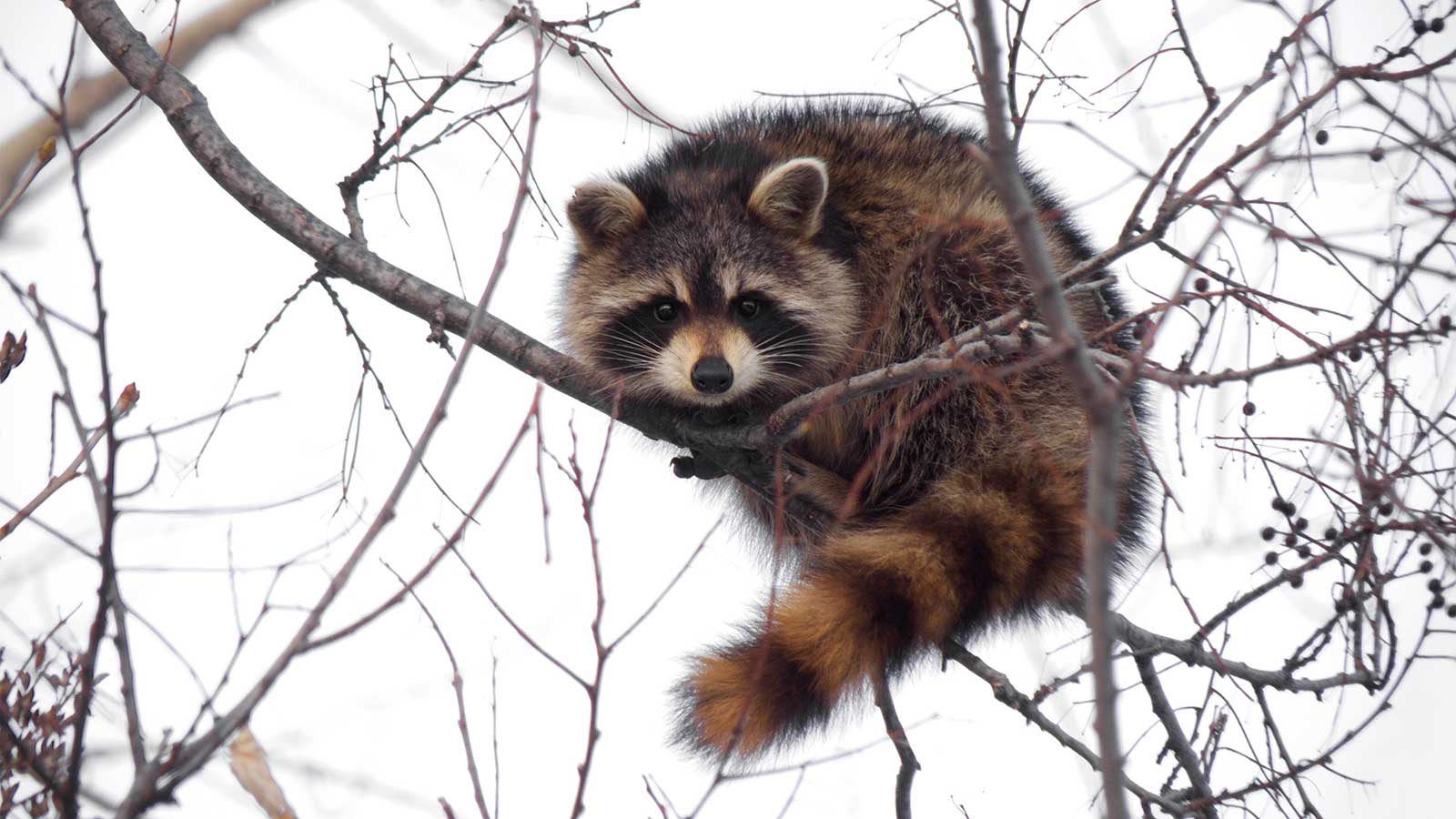
Design expertise in your inbox – from inspiring decorating ideas and beautiful celebrity homes to practical gardening advice and shopping round-ups.
You are now subscribed
Your newsletter sign-up was successful
Want to add more newsletters?

Twice a week
Homes&Gardens
The ultimate interior design resource from the world's leading experts - discover inspiring decorating ideas, color scheming know-how, garden inspiration and shopping expertise.

Once a week
In The Loop from Next In Design
Members of the Next in Design Circle will receive In the Loop, our weekly email filled with trade news, names to know and spotlight moments. Together we’re building a brighter design future.

Twice a week
Cucina
Whether you’re passionate about hosting exquisite dinners, experimenting with culinary trends, or perfecting your kitchen's design with timeless elegance and innovative functionality, this newsletter is here to inspire
Backyard pests can be a woe for many gardeners, from slugs and snails to hungry rabbits and deer. And while many creepy crawlies and critters go into hibernation when the temperatures drop, there are still some that can be a menace in their hunt for sustenance and shelter.
The good news is that your plants are unlikely to be as vulnerable during these months. Aphids, for instance, overwinter as eggs, while lawn grubs go dormant, awaiting warmer weather. However, winter pests can cause damage to your home and outdoor buildings, make a mess of your yard, and can even spread diseases.
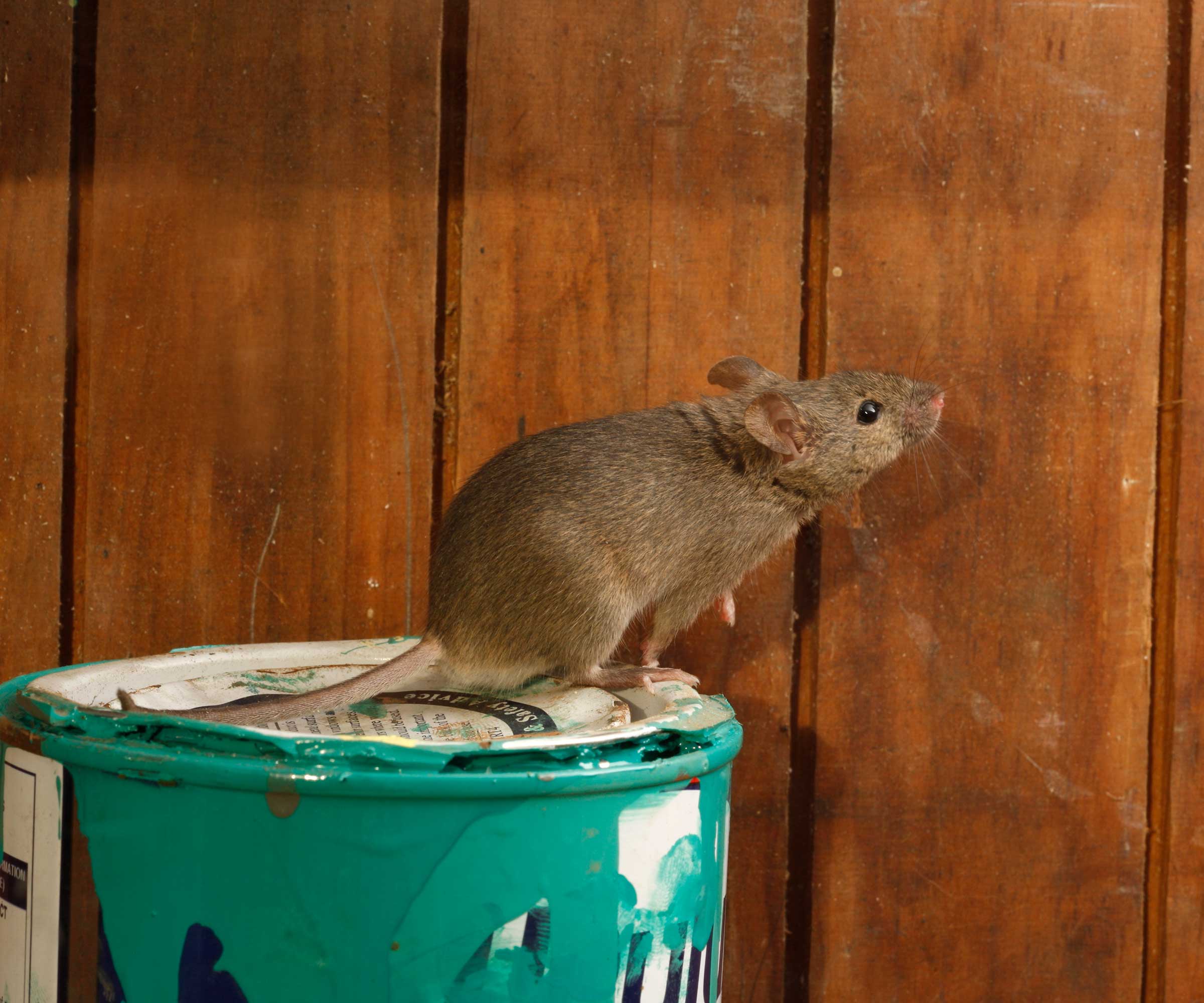
Mice can try to get into sheds and other warm spaces
5 outdoor pests to watch out for in winter
'One of the biggest mistakes you can make with your landscaping is thinking that the cold winter months are an indicator to take a break from vigilantly protecting your yard against damaging pests,' warns Mark Bradley, the CEO of Landscape Management Expert. That is not the case at all – there are many pests that thrive in the winter and can do lasting damage if you're not paying attention, he says.
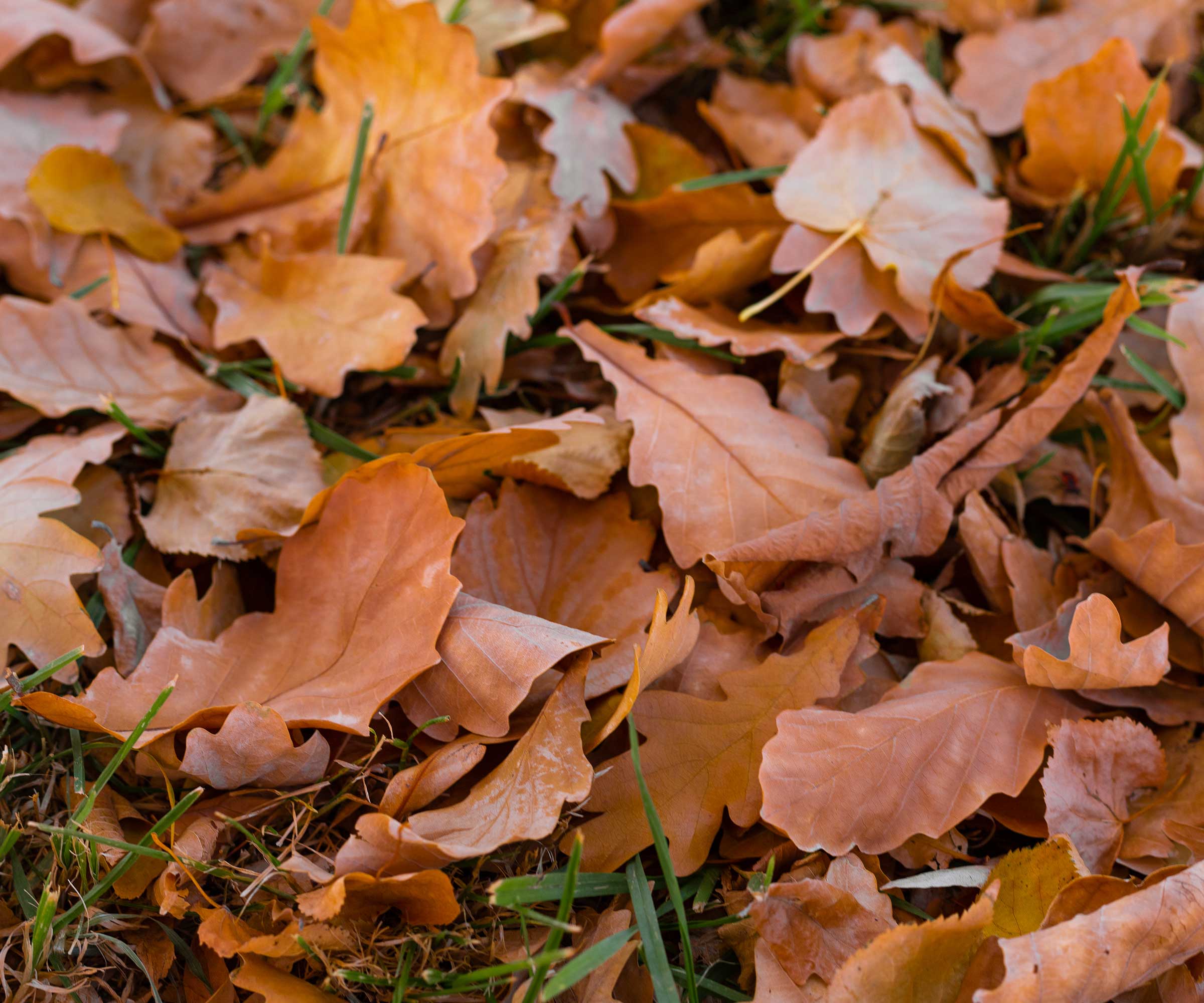
Fallen leaves can attract smaller pests
1. Mice
As the temperatures fall, mice are attracted to warmer environments, such as your shed, garage, or home.
Fallen leaves accumulated along the foundations provide cover for mice from predators as they probe for entry points, says Craig Sansig of Viking Pest Control. Therefore, it's best to clear them up.
It's also worth keeping your yard free of weeds, as they can provide potential habitats and their seeds can provide a food source, he adds.
Checking the exterior of buildings for potential entry points is also a good idea. You can use an appropriate sealant, metal gauze, steel wool, or specially manufactured door sweeps to close up gaps, Craig says. He doesn't recommend using expanding foam, as mice can chew through this.
Design expertise in your inbox – from inspiring decorating ideas and beautiful celebrity homes to practical gardening advice and shopping round-ups.
These rodent-proof draft stoppers from Baining at Amazon are a popular buy.

Craig Sansig is an Associate Certified Entomologist and Public Health Entomologist with 23 years of professional pest management experience. He holds licenses in eight pest control categories in four states, and has been the Service Director for Viking Pest Control since 2020.
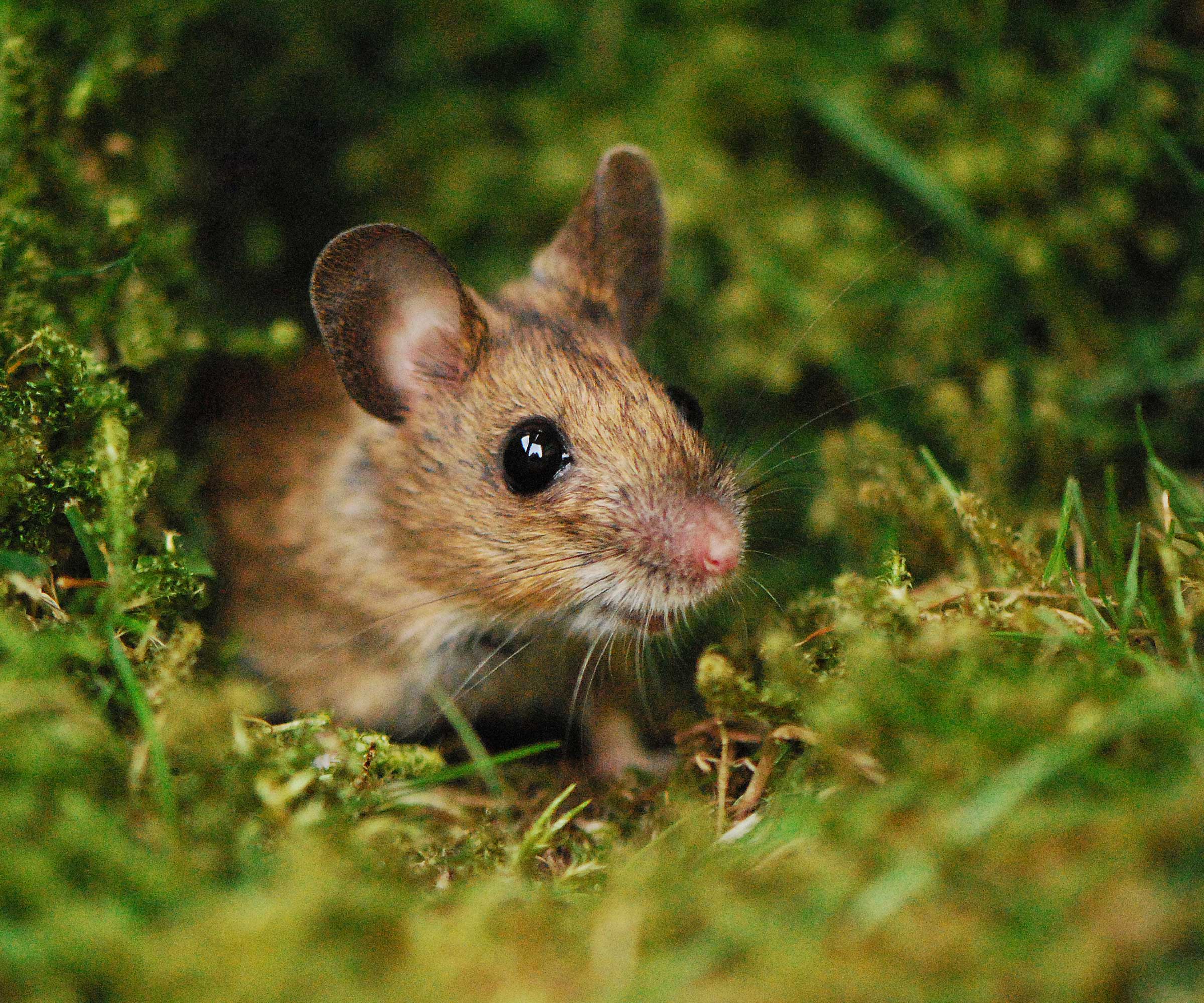
Mice can gnaw through structures
2. Rats
Like mice, rat activity may also increase within structures as temperatures drop, says Craig.
'Unlike mice, rats require daily access to water,' he says. 'If water can be eliminated from the area, it will help to greatly reduce the attractiveness of the property to rats.'
Rats also consume a wider variety of foods than mice do, he continues. 'Keeping trash receptacles closed and the areas they are stored clean will help to reduce sources of food.'
Again, you can seal any potential entry points around your home or outdoor buildings to keep them out.
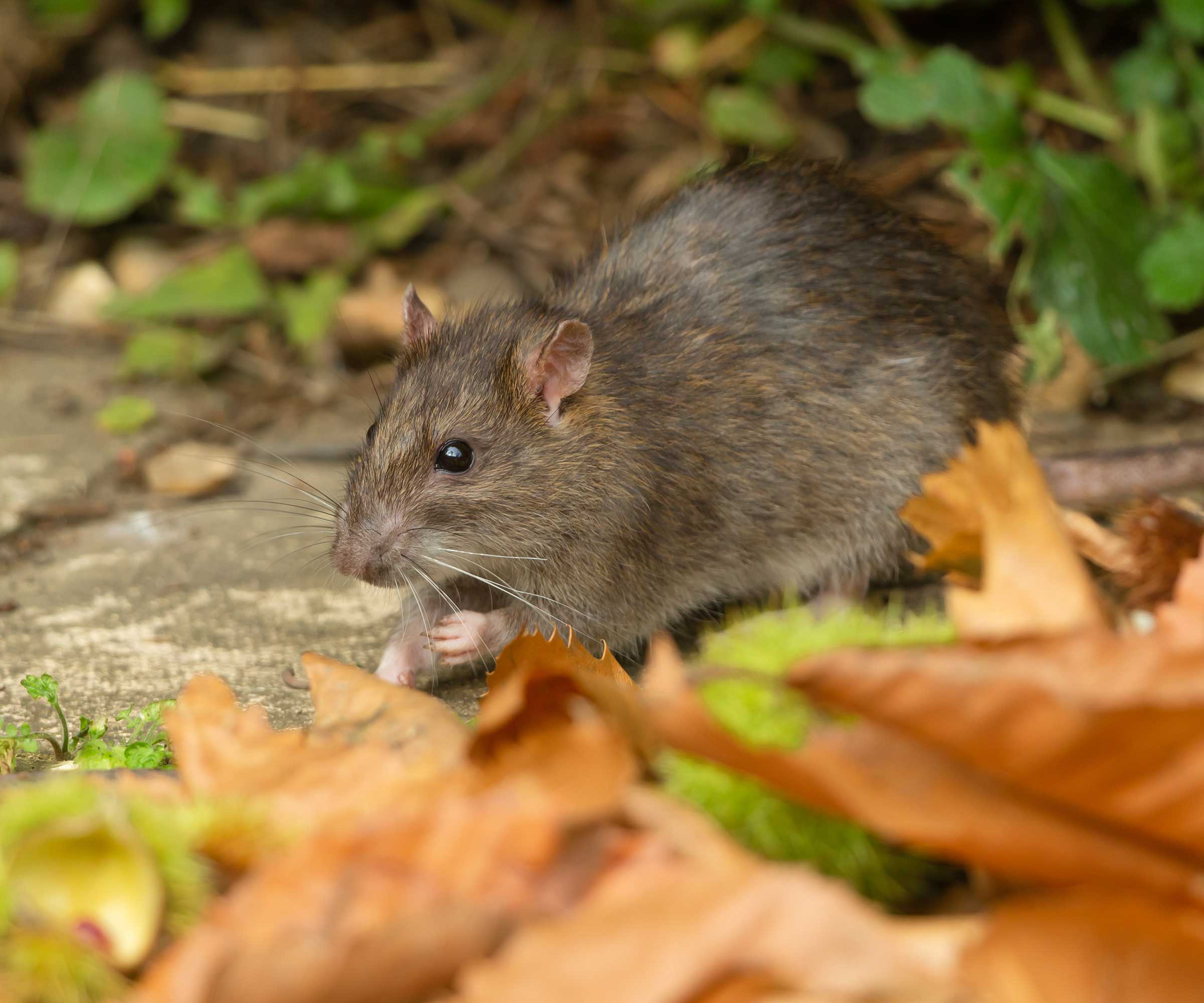
Watch out for rats trying to enter your home and garden buildings
3. Firewood pests
Many insects can be brought from your backyard into your home via firewood, including beetles and ants.
What's more, fall and winter are high seasons for ticks, says Emma Grace Crumbley of Mosquito Squad. They can feed on rodents, which often hide in woodpiles, too. To prevent ticks from becoming a winter nuisance, she suggests distancing your woodpiles from the home and keeping them checked on and tidy.
This can help prevent other residing insects from infiltrating your home, too. There are plenty of stylish log storage solutions available.
'It is recommended that you only bring in the wood you will be using when it is needed,' adds Craig Sansig, who also warns that you should never apply pesticides to it.

Emma Grace Crumbley (also known as 'Emma the Entomologist') is an entomologist and science communicator from Atlanta, Georgia. She received her formal training from the University of Georgia, where she studied Entomology and Applied Biotechnology. Emma Grace has always had a keen interest in the natural sciences, and in addition to her innate fascination with arthropods, Emma Grace is most interested in insect science as it relates to insect-human interactions in public, urban, and environmental health.

Logs can provide a cozy habitat for insects
4. Termites
Jim McHale, an entomologist and the CEO of JP McHale Pest Management, warns against termites in winter. 'They thrive in wet environments. In fact, the late winter rain is perfect for termites to survive,' he says. 'They live in colonies that cause severe property damage and often nest within wood piles, leaves, and other outdoor trash.
'To avoid this pest, keep yard waste to a minimum and seal any minor entry points,' he says. 'It’s also important to eliminate any moisture near the foundation of your home. Water should be diverted away with properly functioning gutters, downspouts, and splash blocks.
'In addition, lawn sprinklers and irrigation systems should be oriented to minimize water puddling near the foundation.'

Jim McHale, a Cornell entomologist and the president of JP McHale Pest Management, is known as a visionary in the pest management industry. He has redefined the role of exterminator, and transformed the small extermination company started by his father James McHale, Sr., into a technology and science-driven pest management company servicing more than 6,000 residential and commercial customers throughout the New York region.
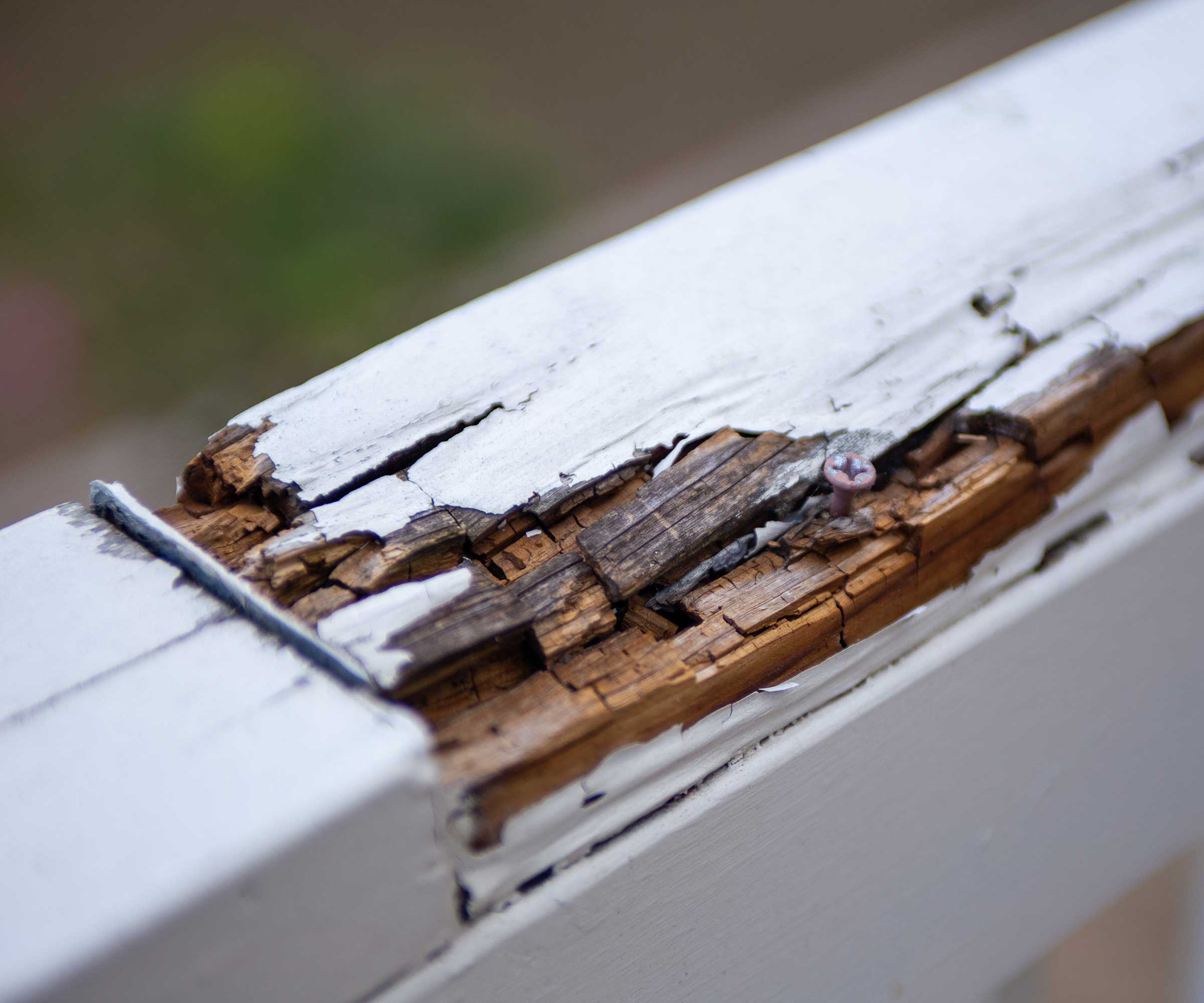
Termites are active all year round
5. Raccoons
Raccoons are active throughout the year, and can be a serious nuisance in our backyards and homes.
'They can use their very adept hands to open garbage cans, remove siding, tear off shingles and cause other structural damage to a home,' says Scot Hodges, the Vice President of Professional Development and Technical Services at Arrow Exterminators. 'They can also harbor fleas, parasites and rabies.'
He suggests keeping outside cooking areas and grills clean and avoiding leaving pet food or water bowls out overnight to help deter them. Using a thick plastic or metal garbage can with a tight lid is also advised – and always keep it sealed.

Scot Hodges has worked in the pest management industry for 30 years. 15 years of his pest management experience was spent in operations as a Pest Control Technician, Salesman, Supervisor, Service Manager and Branch Manager. During the last 15 years, he has worked in the Technical Services and Professional Development side of the business, which includes providing field training, technical assistance, compliance assistance, classroom training, developing CEU (Continuing Education Units) training, administering, and building an LMS (Learning Management System) for online training.
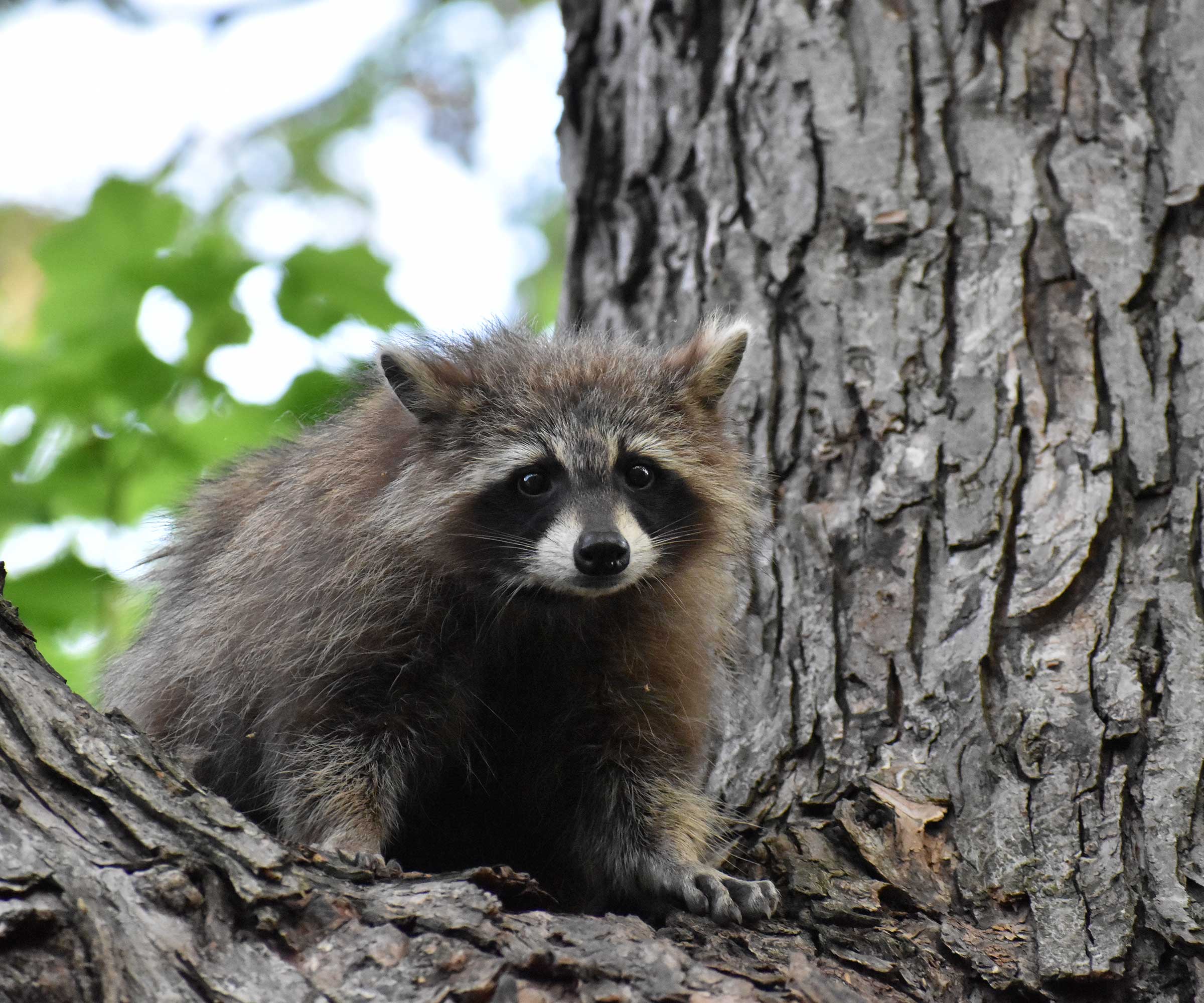
Raccoons may look cute, but they can be destructive
FAQs
Which backyard bugs can enter our homes during winter?
Some insects are drawn to our homes to overwinter, says Craig Sansig of Viking Pest Control. The more common species that do this include stink bugs, boxelder bugs, ladybugs, cluster flies, and western conifer seed bugs, he lists.
'These insects will normally enter the home on the sunny side of the building through existing gaps and crevices.
Sealing gaps and crevices in the summer, prior to these overwintering pests gaining entry, is the best long-term control strategy,' he recommends. Where this isn’t feasible, he suggests well-timed applications of repellent pesticides around entry points.
If insects have made it indoors, you can sweep them out, catch them with a cup, or vacuum them up, says entomologist Emma Grace Crumbley. 'For particularly bad infestations, calling a pest control professional is the quickest and most effective way to relieve yourself of unwanted insect invaders.'
If you've spotted spiders, note that some, namely black widow and brown recluse spiders, are dangerous and should be approached with caution, as Emma highlights.
Are slugs active during winter?
Although slugs are most active during the spring and fall months, they can still be spotted on mild winter days, particularly if it's wet. If they're proving to be a problem, there are plenty of ways to deter them, including laying beer traps in your yard.
As well as keeping alert for any pests outdoors, remember to check for houseplant pests, too. The warmer temperatures in your home can mean that many continue to thrive through winter, causing destruction to leaves and stems.

Holly started writing about gardening five years ago, and she is a regular contributor to Homes & Gardens. She has also written many gardening features for Woman & Home and Real Homes, too. She has previous experience as a professional gardener, where she helped to plant and maintain private gardens. Holly has also looked after allotment plots over the years and loves to grow her own flowers and veggies from seed. In her spare time, she enjoys visiting local gardens, botanical drawing, and tending to her ever-growing collection of houseplants.